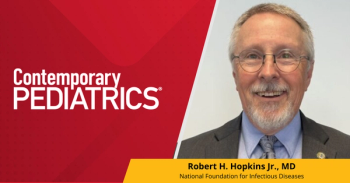
Antismoking isn't up to snuff
A minority of physicians and dentists counsel adolescents about the dangers of tobacco use, a large study shows. According to the 2000 National Youth Tobacco Survey, 33% of adolescents who visited a physician in the previous year received such counseling from a physician. The parallel figure for dental visits was 20%. Among adolescents who smoked in the past year, 16.4% were advised by a physician to quit, and 11.6% were given such advice from a dentist. The anonymous, self-administered survey was conducted in a nationally representative sample of nearly 36,000 students in grades 6 to 12 in 324 schools.
How likely a teenager was to get preventive counseling differed significantly by smoking status and ethnicity. All minority groups, except Asians, were more likely than whites to report receiving preventive counseling messages. In addition, the more a student smoked, the more likely he (or she) was to receive quit advice. Nonetheless, only 20% of established smokers (those who smoked 20 or more of the previous 30 days) were advised by a physician to quit. Yet physician or dentist advice to quit in the previous 12 months was associated with one or more quit attempts during that period, even after controlling for demographic variables (Shelley D et al: Pediatrics 2005;115:719).
Commentary The good news? When physicians and dentists advise teenagers to stop smoking, they actually try to quit. The bad news is that, according to adolescents surveyed, health professionals rarely offer such advice. We need to continue to hear evidence that physician counseling leads our patients to healthy actions. It's nice to know that, when we advise teenagers to stop smoking, we aren't wasting our breath.
Newsletter
Access practical, evidence-based guidance to support better care for our youngest patients. Join our email list for the latest clinical updates.








